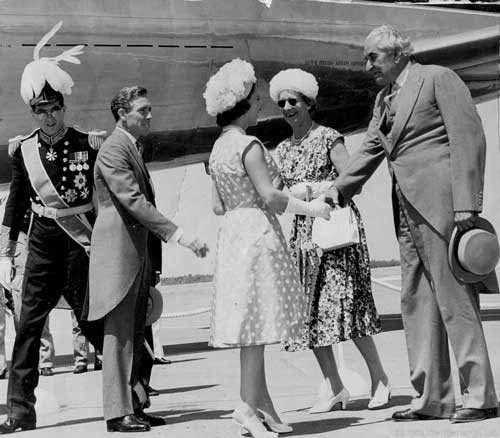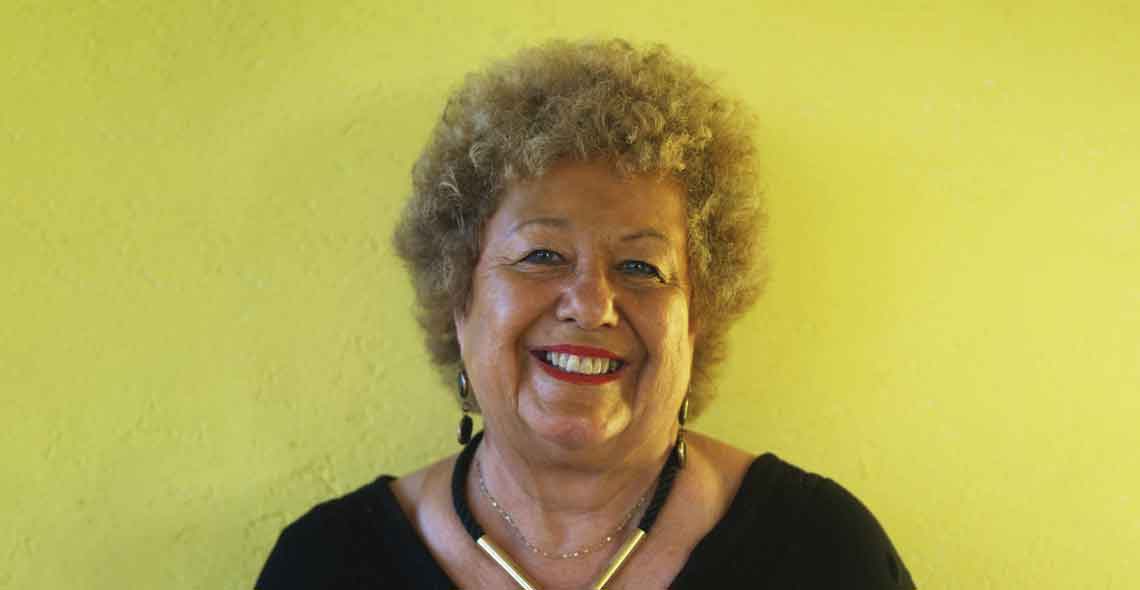Foreword
Contemporary accounts and discussions of a society’s key issues or concerns are an invaluable source that allows a unique opportunity to go back in time and experience vicariously, aspects of that community’s history, often from the perspective of the actors.
This genre, which includes diaries, pamphlets and newspapers add texture, ‘bringing to life’ daily occurrences and significant events. They are of interest not only to historians and social scientists but often also, to the general reader.
Collections of newspaper columns by editors and commentators, whether they wrote on a daily or weekly basis, are especially useful in certain circumstances, particularly if writers focus on critical issues of the day. These would usually be issues that were stirring citizens, often resulting in significant social policy and/or legislative change.
In the Anglophone Caribbean there are several notable editors/commentators whose writings were of seminal importance, including Prescod and Wickham in Barbados and Marryshow in Grenada. We can also consider Marcus Garvey’s Negro World as having an impact far beyond the shores of his native Jamaica. The newspapers of the 19th and early 20th centuries, of which the above are examples, were ideological in content and understood to be so.
Newspapers of today are often less blatant but editorial biases are often well known, in the same manner as are those of many broadcast news networks and popular cable commentators. In assessing the interest in a columnist’s work, ideology and political convictions may be of importance depending on the objective of the analysis.
Of equal importance, however, the writings of a newspaper columnist can often not only be of historical relevance but if the writings ask hard questions, while providing important information or results of investigative research and analysis, they have value. Yet, it is difficult to measure the effects of a column, although most newspapers today have “online” editions allowing immediate interaction with and among readers permitting a dialogue unknown in the format of “Letters to the Editor”.
This selection of Wilberne Persaud’s columns, spanning in excess of 30 years is valuable. It covers one of the most tumultuous and difficult periods in Jamaica’s history. Further, Persaud is not simply employed by the Jamaica Gleaner, or earlier by the Observer, he is a respected economist with considerable practical experience.
He has worked on economic and development problems and projects for governments, served as Lecturer, Researcher and Head of the Department of Economics at the Mona Campus of The University of the West Indies and served as a board member of the Jamaica government’s Financial Sector Adjustment Company Ltd. (FINSAC) during its operationally active existence.
Indeed, FINSAC is the subject of a Government Enquiry even as this Foreword is being written. The reasons for its existence, the results of carrying out its mandate and the implications for Jamaica are the topic of several columns in this collection. His diverse experience allows him to bring to his weekly commentaries knowledge and expertise uncommon to many columnists, especially considering he has been writing consistently discerning material on a largely weekly basis over a long period of time.
Further, although his specialist field is Economics, he is a voracious reader on many other subjects. He has a keen eye and a finger on the pulse of Jamaican society and writes with passion, affection and often humour on numerous issues and events of the day. His writings are not ideological, he rarely preaches nor does he assume he has all the answers.
He asks a lot of questions, principally “why can’t we” or exhorts, like Obama, “yes, we can!” Most importantly, even when dealing with issues difficult for the layperson to understand, he writes simply and often with amusing analogies, such as Columbus and his hens which appears in the column of October 2, 2009 (#3.25). He wants all Jamaicans to understand what he sees is happening.
That is why when I began to read his weekly columns, and then perused his archives, I came to the conclusion that this era of Jamaica’s struggles, strife and search for the way forward expressed in his writings should be published as a book. I believe his insights and analyses have a breadth and depth that go beyond a mere chronicle offering much needed explanations in this often confusing period of our history.
Further, while Jamaican society is unique, the developmental struggles of a relatively young nation state are similar to other Caribbean and developing countries throughout the world. A compendium puts these struggles in context and allows us to view the process as it is occurring. Readers are participants in the events.
 "WE MEET AGAIN": Premier Alexander Bustamante greets Princess Margeret on her arrival from London at the Palisadoes International Airport for Jamaica's Independence Celebrations. Her Husband, Lord Snowdon (in morning coat) awaits his turn with outstretched hand to be greeted by the Premier. At extreme left is Governor, Sir Kenneth Blackburne. © The GleanerOf particular relevance are insights into the on-going economic struggles since the 1970s and their impacts on the post-colonial state, the inherently unequal social relations based on class and race which have not been redressed with decolonisation, the growing erosion of public morality and ethics that has resulted in garrison communities, growing corruption and what Persaud calls “Plunder Culture” or the “Port Royal Syndrome”, and the failure to encourage and reward technological innovation appropriate to the sustainable development of the society.
"WE MEET AGAIN": Premier Alexander Bustamante greets Princess Margeret on her arrival from London at the Palisadoes International Airport for Jamaica's Independence Celebrations. Her Husband, Lord Snowdon (in morning coat) awaits his turn with outstretched hand to be greeted by the Premier. At extreme left is Governor, Sir Kenneth Blackburne. © The GleanerOf particular relevance are insights into the on-going economic struggles since the 1970s and their impacts on the post-colonial state, the inherently unequal social relations based on class and race which have not been redressed with decolonisation, the growing erosion of public morality and ethics that has resulted in garrison communities, growing corruption and what Persaud calls “Plunder Culture” or the “Port Royal Syndrome”, and the failure to encourage and reward technological innovation appropriate to the sustainable development of the society.
The mid-1996 financial “meltdown” in Jamaica from causes similar to the present global financial crisis is instructive as both were ‘enabled’ or permitted in large measure by the lack of necessary oversight and regulation. These columns offer perspective on this and at times fill out the record on some particulars.
I believe that Wilberne Persaud’s columns are not only of historical relevance, it is popular education at its best. The columns altogether provide interconnections among the various issues that speak to social, economic, cultural and political developments of modern Jamaica since its independence in 1962. It has been a stimulating and informative experience to work with my friend and colleague Wilberne putting these selected columns together and I believe readers will benefit equally from the experience.
Cecilia Karch Brathwaite Ph.D.

